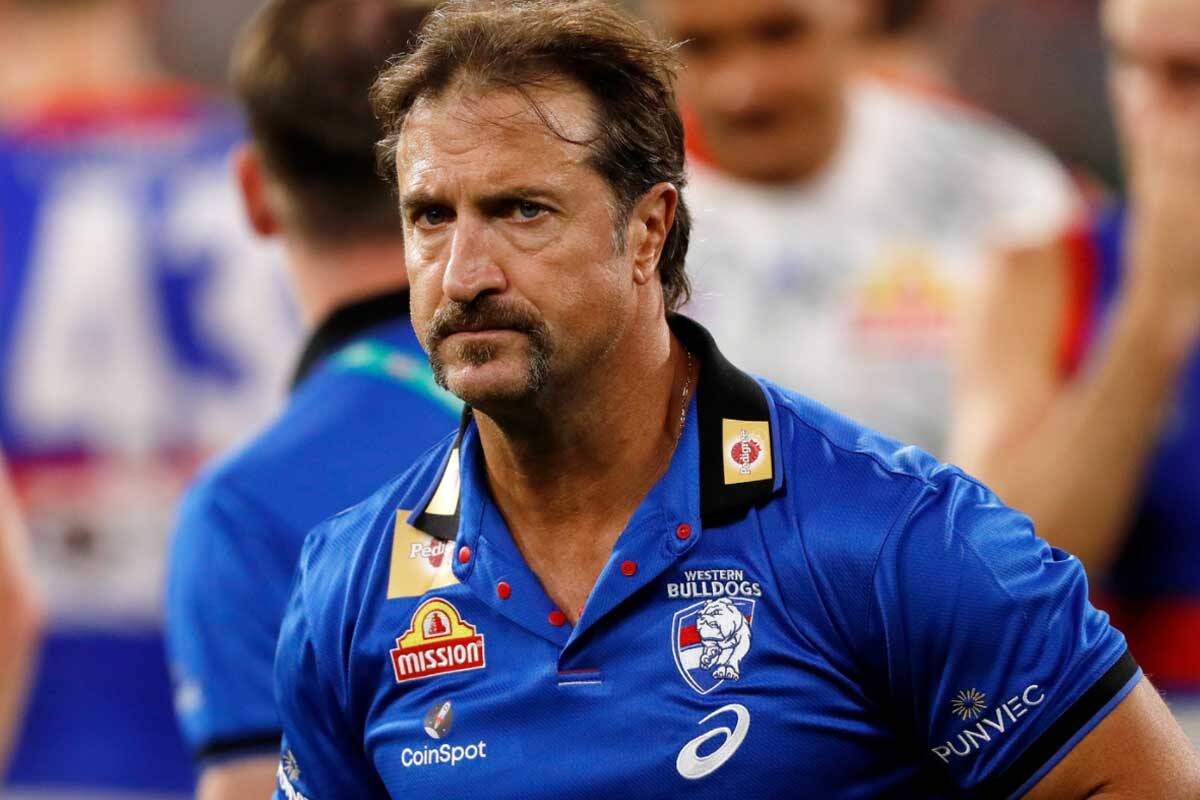
Western Bulldogs coach Luke Beveridge contends that AFL clubs find themselves at a disadvantage in the free agency and trade markets due to the considerable influence wielded by player managers during contract negotiations. According to Beveridge, the power dynamics have shifted over time, giving player managers more control in directing their clients’ careers and dictating terms that may not always align with the clubs’ best interests.
Luke Beveridge argues that this shift compromises the clubs’ ability to retain key players or make strategic acquisitions, as player managers often prioritize their own agendas, leveraging the market to maximize benefits for their clients. This situation has led to an increasingly fluid player market where contracts are less binding, and player movement is more frequent, adding pressure on clubs to navigate these challenges while maintaining team cohesion and performance.

He acknowledges that while the idea of clubs having more control in contract negotiations is appealing, it is a complex issue with no easy solution. The current landscape, where player managers hold significant sway, is unlikely to change in the near future. However, Beveridge emphasizes the importance of building strong personal relationships with players, as this connection can be a decisive factor in securing long-term commitments, even in a market dominated by external influences.
In the broader context, Beveridge’s comments reflect growing concerns among AFL coaches and executives about the evolving nature of player contracts and the increasing role of player managers in shaping the league’s competitive balance. As clubs grapple with these challenges, the debate over how much power should reside with players and their representatives versus the clubs themselves is likely to continue, potentially prompting future discussions about reforms to the AFL’s contract and trade regulations.






